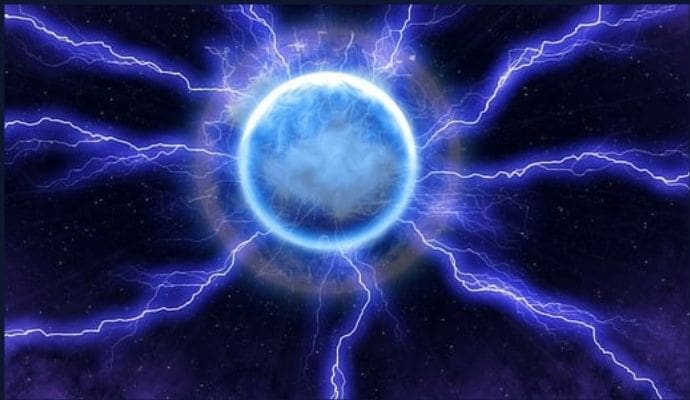Understanding the Failure of Poor System Design: The Consequences we continue to experience
Every day we hear stories of systematic failure, from heart-wrenching shootings to the crumbling of essential systems to social media fiascos that leave us shaking our heads. It’s enough to make anyone feel overwhelmed, confused, and frustrated. It’s a constant struggle to keep up with it all, often leaving us wanting to scream from the rooftops. But what if I told you that these aren’t incidents but rather the symptoms of a much larger issue?
By Chuck Woolery, Rockville MD (Not the TV guy) and Steven Jay
These daily stories of breakdown and tragedy are not separate problems to be solved. They’re the inevitable fallout of a deeper, more systemic failure. They’re the bitter fruits of seeds sown long ago. Our existing situations are not problems; they are consequences.
After the Great Depression and World War II, the sense of the common good began to disappear from public discussion. A shift took place, a turn towards individualism, greed, and selfishness. This was fueled by America’s success on the global stage and a pervasive fear of communism. This mindset, largely unexamined, began to eclipse the “United we stand” character that was once so inherent to America. As we journeyed further down this path, the impact on American politics became increasingly evident. Technology in recent years has only served to accelerate this trend, amplifying the voices of division and dissent. The tragic consequences of this shift are now witnessed daily, both in the United States and around the world.
Yet instead of recognizing the collective mental flaw that got us here, many have chosen to double down on their narratives. The consequences of this systemic failure are not just problems; they are symptoms of a deeper malaise within society. Instead of recognizing our collective mental flaw that got us here, many people have doubled down on their narratives. Trump is not the problem; he’s a consequence. Climate change isn’t the problem; it’s a consequence. Our world is riddled with consequences, not problems.
Take, for instance, the skyrocketing obesity rates, the opioid crisis taking lives every day, the mass shootings that have become all too common, and suicide rates that baffle us. These aren’t isolated issues but the repercussions of a much larger problem. We see water contamination in places like Flint, Michigan, and environmental catastrophes like the colony collapse disorder in honeybees and Florida’s red tide. Are these just environmental issues? No, they’re consequences.
And what about the ongoing violence in Afghanistan, Yemen, and Syria? Again, these are consequences, not problems. These are the results of actions taken without thought for the ripple effects they would cause. As we bear witness to growing economic inequality, the proliferation of fake news, and the loss of privacy, we must remember these are not dilemmas; they are all consequences.


